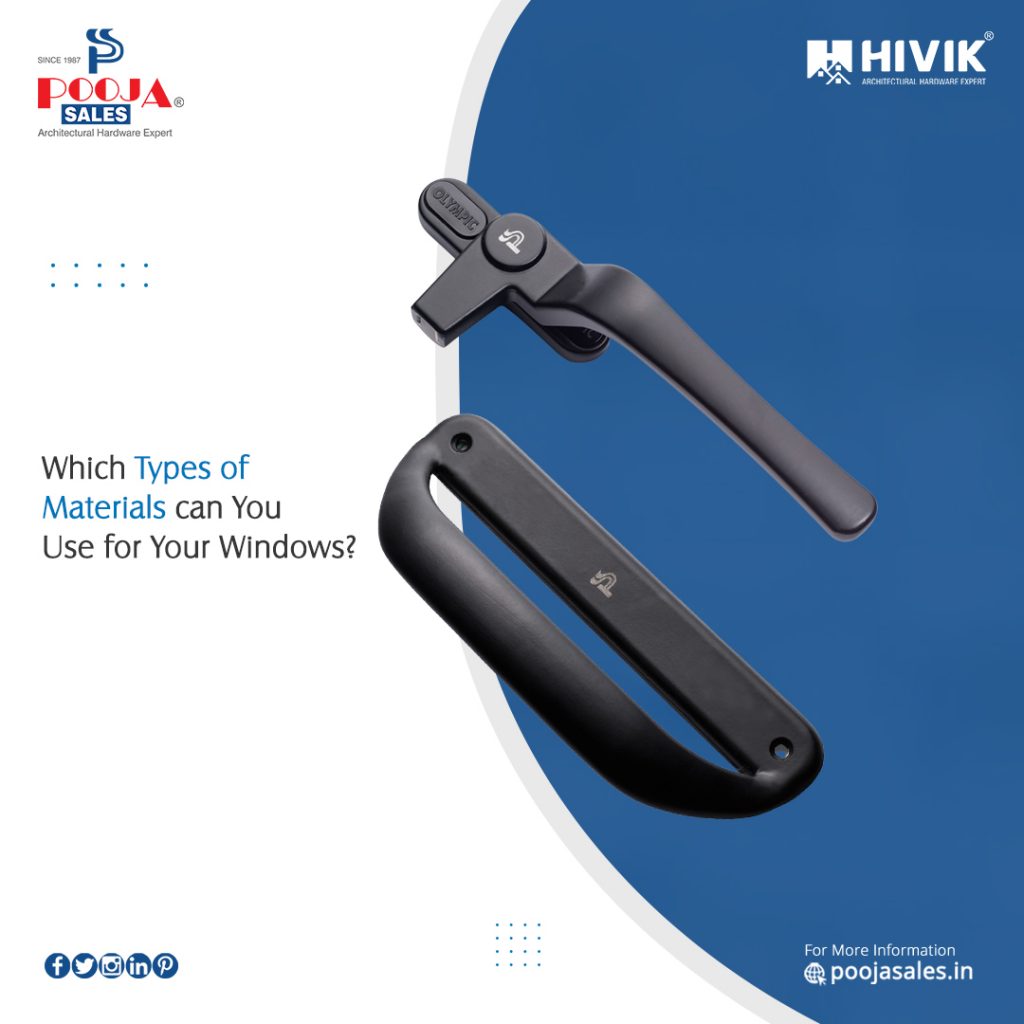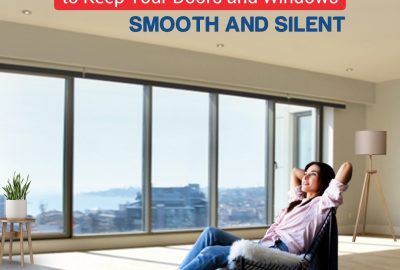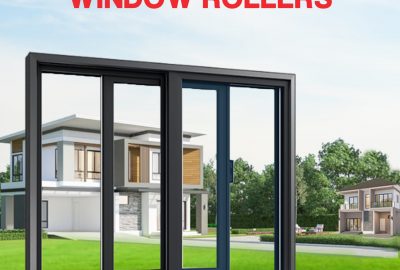aluminum window accessories
Which Types of Materials can You Use for Your Windows?
A homeowner may experience anxiety when selecting replacement windows because that decision will likely affect them for at least the next 20 years. Today’s market offers a wide range of window hardware solutions to match any home’s style and price range.
Starting with the wide variety of windows is how most people choose their windows. The material of the window is chosen next after the window’s kind. Each material has benefits and drawbacks. It’s crucial to understand your needs for your house, the purpose of each window’s design, and the available budget.
What Materials Do Windows Hardware Have?
Window frames can be made of wood, metal, fiberglass, or vinyl (which may be clad with aluminum or vinyl on the exterior portions. Better weather stripping on higher-quality windows prevents air from entering around the sashes.
The window glass may have one, two, or even three panes, and it may be coated to reflect heat away from the house in the summer and toward the inside in the winter. Below, we’ll go through each of these features in more detail.
- Wood:
Wood is the best material for windows if you seek natural beauty. For a variety of reasons, homeowners favor it. A house looks more classic with wood. Wood is a vital, environmentally friendly natural resource that can be shaped into various shapes and sizes. There are drawbacks to taking into account, just as there are benefits to using wood for replacement windows.
- Aluminum:
This alternative is significantly more resilient, thinner, lighter, and easier to handle than wood. The standard color for aluminum windows used in commercial settings like malls, offices, and other buildings is a silver matte finish.
However, thanks to powder-coating technology, aluminum windows may now be painted in various colors. The fact that aluminum is a poor insulator is its only drawback.
- Composite:
This particular frame style is constructed from wood, metal, and vinyl. By selecting composite windows, you get the most robust product possible by combining the most outstanding qualities of various materials. The composite material was first only used for the windowsills of this style of window, but it is now employed to construct the complete window hardware.
- Unplasticized Polyvinyl Chloride, or uPVC:
uPVC is sturdy, long-lasting, and has desired qualities such as being chemical, dust, and soundproof and resistant to saline water and pollutants. uPVC does not decay or fade, but because it is lightweight and needs routine cleaning, it cannot be used as a front or main door.
- Steel:
These windows are primarily utilized for commercial applications and are exceptionally sturdy and long-lasting. These can be found in several colors and are pricey.
- Fiberglass:
In addition to the typical products mentioned above, certain manufacturers also produce fiberglass windows. Vinyl is weaker than fiberglass and less likely to warp, expand, or compress. It requires paint protection, which manufacturers prepare for by giving it a tough finish in production.
- Vinyl:
Vinyl window hardware is made of PVC, which is also utilized in various plumbing, building, and home products. Both recycled and entirely virgin vinyl is available. Durability and price are the two products’ key differences. While recycled vinyl is weaker and wears out more quickly, pure vinyl is also more expensive. Vinyl windows now have much better quality and durability, making them a good option for frames.
Conclusion
Any home can benefit significantly from new energy-efficient windows. It’s critical to ensure you get the right window hardware type for your home, even if your primary motivation for replacing your windows is aesthetic. You still end up with some other excellent benefits.
Also Read: How to Prevent Condensation on uPVC Windows?
Comments are closed






